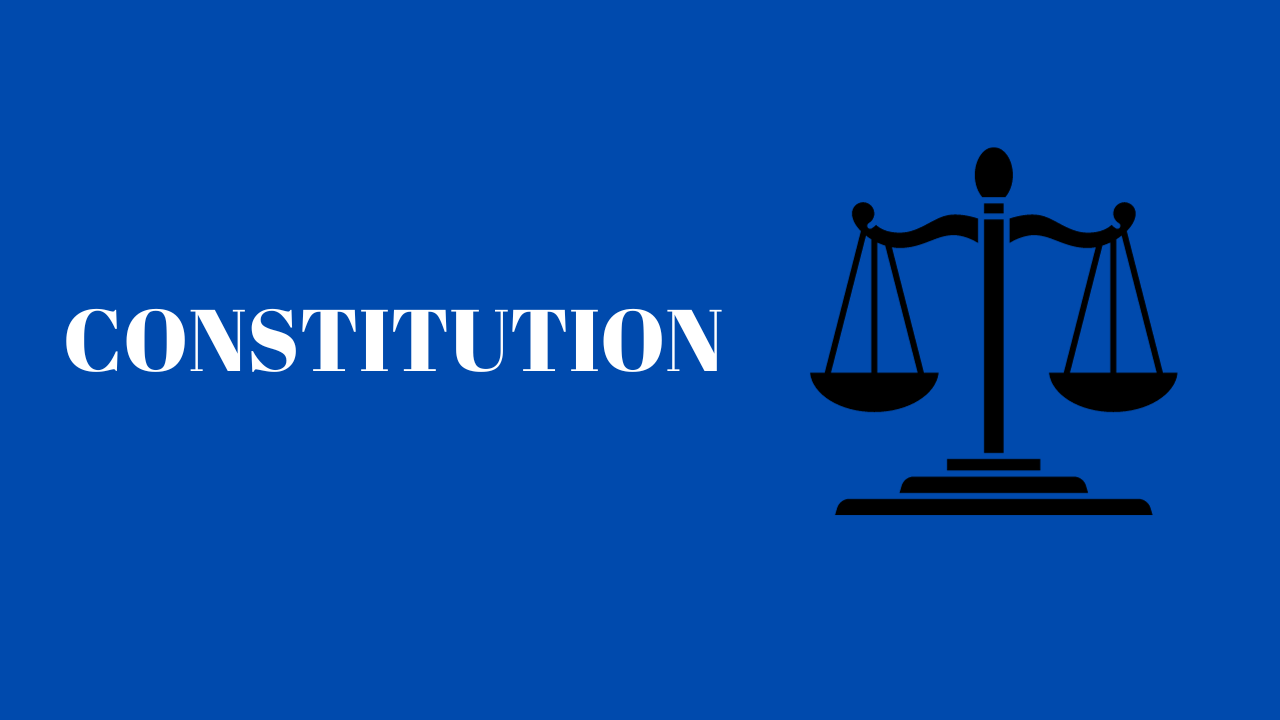ADVISORY JURISDICTION OF THE SUPREME COURT AND RECENT PRESIDENTIAL REFERENCE BY SMT. DROUPADI MURMU
The President of India, Smt. Droupadi Murmu, has recently invoked Article 143 of the Constitution to seek the opinion of the Supreme Court on several legal questions pertaining to the powers of the Governor and the President in granting assent to Bills passed by State Legislatures, and the extent to which judicial interference is permissible in this process.
This reference follows the Supreme Court’s judgment in State of Tamil Nadu v. Governor of Tamil Nadu, wherein the Court laid down a timeline within which assent must be granted or withheld. The Court also held that in the event of undue delay, the State Government could seek a writ of mandamus from the High Court or Supreme Court against the Governor or the President, as the case may be.
Rather than seeking a review of the judgment, the Union Government has opted to proceed via the advisory route under Article 143. This provision empowers the President to refer any question of law or fact of public importance to the Supreme Court for its opinion.
Scope and Limitations of Article 143
Article 143(1) empowers the President to refer any question of law or fact that is of public importance to the Supreme Court. The Court, after such hearing as it deems fit, may report its opinion. Although such opinions are not binding, they possess high persuasive value and are often followed in practice.
Importantly, the advisory jurisdiction cannot be used as a substitute for appellate or review jurisdiction. As held in In Re: Special Reference No. 1 of 2012 (2G Spectrum Case), the Court cannot overrule or revisit its previous judgments while exercising this jurisdiction.
Similarly, in In Re: Cauvery Water Disputes Tribunal, the Court held that a question of law already decided by the Court cannot be reopened under Article 143 unless the earlier judgment was delivered without jurisdiction, was per incuriam, or violated the principles of natural justice or the Constitution. Such judgments are binding and operate as res judicata.
Permissibility of the Present Reference
Given these principles, the Supreme Court may refuse to opine on aspects that were conclusively decided in State of Tamil Nadu v. Governor of Tamil Nadu. However, the Court may choose to express its views on unsettled questions.
Past Precedents on Presidential References
Several past references under Article 143 provide useful insights:
In Re: Delhi Laws – Legislature may delegate non-essential legislative functions to the executive.
In Re: Kerala Education Bill – Fundamental Rights and Directive Principles must be harmoniously construed.
In Re: Berubari Union – Cession of Indian territory requires a constitutional amendment.
In Re: Keshav Singh – State legislatures cannot initiate contempt proceedings against High Court judges.
In Re: Presidential Poll – Article 62 is mandatory; Presidential elections must be held before expiry of term.
Special Reference No. 1 of 1993 – The Court declined to answer as suits were pending and the reference became unnecessary.
Special Reference No. 1 of 1998 – Recommendations by the Chief Justice must be made in consultation with senior judges.
Special Reference No. 1 of 2012 (2G Case) – Reference may be answered only to the extent it does not overrule settled judgments.
Conclusion
The current reference under Article 143 is constitutionally valid and well within the President’s discretion. The President is not bound by the Union-State division of powers while making such a reference. However, the Supreme Court must remain within its advisory role and cannot use this mechanism to overrule its binding precedent in the State of Tamil Nadu case.
Nonetheless, on aspects not conclusively adjudicated—particularly regarding constitutional conventions, discretion of constitutional authorities, and procedural safeguards—the Court’s opinion will carry significant weight and provide necessary constitutional clarity.
_________________________________________________
Mukesh Kumar Suman is an advocate and legal author based at Delhi. He regularly appears before various Judicial Forums including NCLT, NCLAT, High Courts and the Supreme Court. He can be approached at mukesh_suman@outlook.com or +91 9717864570.



